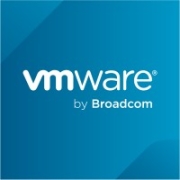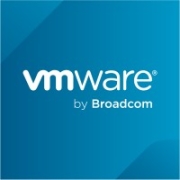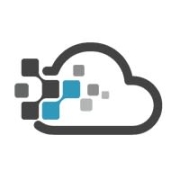Hybrid Cloud Computing Platforms enable organizations to seamlessly integrate private and public cloud services, offering flexible and scalable solutions that enhance operational efficiency and agility.
Hybrid Cloud Computing Platforms allow businesses to deploy computing resources across multiple environments. These platforms offer the flexibility to manage workloads strategically by assigning them to the most suitable location, whether on-premises or in the cloud, which can substantially reduce infrastructure costs. An emphasis on interoperability ensures seamless integration with existing IT infrastructure, enhancing collaboration across departments and improving data management processes.
What are the critical features to consider?In sectors like healthcare, Hybrid Cloud Computing Platforms are used to securely handle patient data, providing fast access to critical information while ensuring compliance. Financial institutions implement these platforms to process transactions in real-time across multiple locations, enhancing customer service and reducing downtime.
Hybrid Cloud Computing Platforms are valuable for businesses as they optimize resource utilization, improve IT infrastructure efficiency, and provide the flexibility needed in a rapidly changing digital landscape.
| Product | Market Share (%) |
|---|---|
| Azure Stack | 23.9% |
| VMware Cloud Foundation | 19.5% |
| AWS Outposts | 14.8% |
| Other | 41.8% |






























Hybrid Cloud Computing Platforms enhance data security by providing a balanced approach that combines public and private cloud resources, offering greater control and flexibility over data management. You can store sensitive data in a private cloud, reducing exposure to potential threats, while leveraging public cloud for less critical tasks. This approach enables you to implement strict access controls, encryption, and robust compliance measures, ensuring data integrity and confidentiality while benefiting from scalable resources.
What cost savings can be achieved with Hybrid Cloud Computing Platforms?Hybrid Cloud Computing Platforms offer significant cost savings by enabling you to optimize resource allocation. You can take advantage of the scalability of public cloud services for fluctuating workloads while maintaining critical workloads on-premises. This helps reduce capital expenditure on IT infrastructure and allows for a pay-as-you-go model for resource utilization. By leveraging existing investments in private infrastructure, you can achieve an efficient, budget-friendly strategy that scales with your business needs.
How do Hybrid Cloud Computing Platforms support business continuity?Hybrid Cloud Computing Platforms support business continuity by providing a robust disaster recovery solution that ensures critical data and applications remain accessible during outages or disruptions. You can replicate data across both private and public clouds, enabling swift recovery and minimizing downtime. The flexibility and scalability of hybrid solutions ensure that your business processes can continue unimpeded, even during unforeseen events, thereby safeguarding your operations and maintaining customer trust.
What are the integration challenges with Hybrid Cloud Computing Platforms?One of the main integration challenges with Hybrid Cloud Computing Platforms is ensuring seamless communication between on-premises and cloud-based systems. You may encounter compatibility issues, particularly with legacy systems, that require custom solutions or middleware to bridge gaps. It's essential to have a well-thought-out architecture that supports consistent performance and data synchronization across environments. Proper planning and the use of hybrid integration platforms can effectively address these challenges.
How do Hybrid Cloud Computing Platforms facilitate regulatory compliance?Hybrid Cloud Computing Platforms facilitate regulatory compliance by allowing you to control where and how data is stored and processed. Sensitive data can be kept within private infrastructure to comply with industry regulations, while public cloud resources can be utilized for less sensitive information. This setup provides the flexibility to adapt to changing regulatory requirements and implement necessary controls without overhauling your entire IT infrastructure, ensuring adherence to compliance standards across jurisdictions.